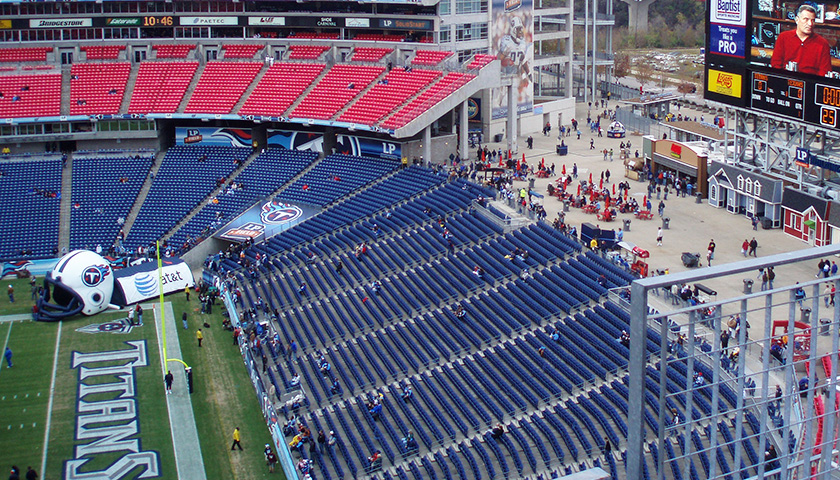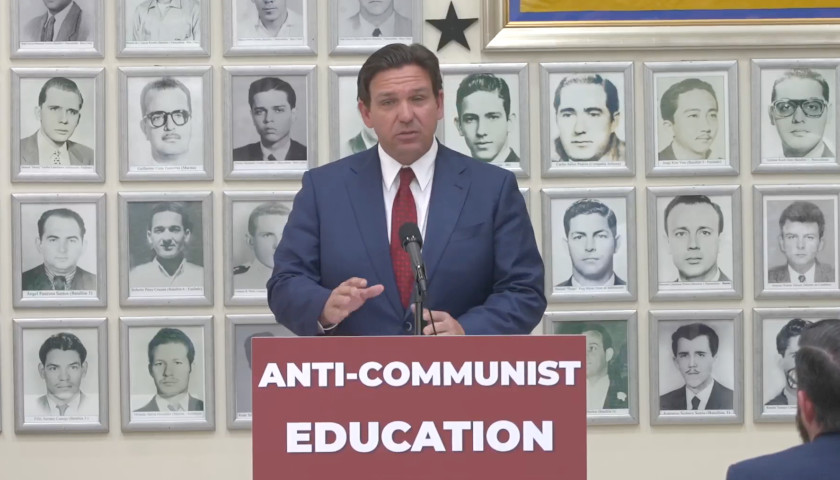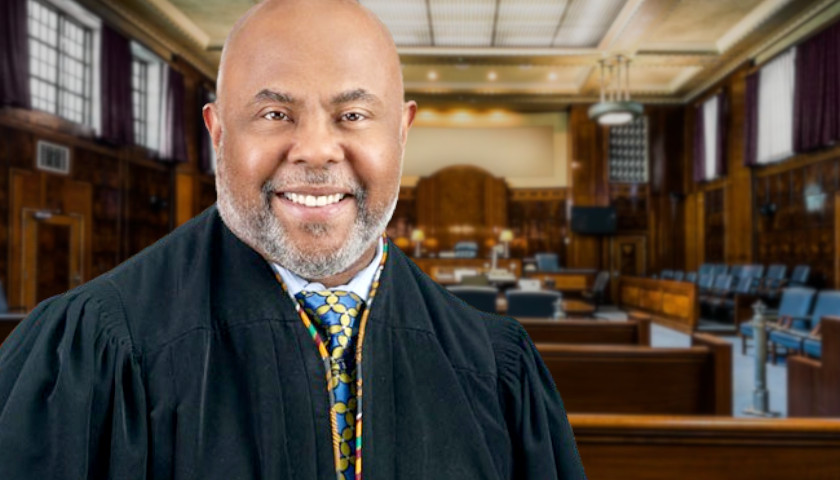The near $300 million in capital improvements recommended in a 2017 report by Venue Solutions Group (VSG) would have resulted in an average of $12 million in expenditures per year for the following 20 years.
The 159-page Facility Condition Assessment was prepared on behalf of Metro Nashville Government (Metro) and the Metro Sports Authority (Authority) to benchmark the condition of the Tennessee Titans stadium.
VSG, a Nashville-based sports and entertainment facility operations consulting organization, is preparing a new report to substantiate the more recently released $1.75 to $1.95 billion estimated cost to upgrade the stadium to “first-class condition” of comparable NFL stadiums and other facilities of a similar age, in order for Metro and the Authority to be in compliance with the current stadium lease agreement.
The escalation to $1.75 to $1.95 billion in Metro’s unfunded liability for stadium maintenance, repairs and upgrades from the $300 million in 2017, is the driver behind a proposed new stadium at an estimated cost of $2.1 billion that would void the 1996 lease agreement.
In 2017, VSG worked with eight national consulting firms in their respective area of expertise to prepare the stadium’s condition assessment.
According to the assessment, the intent of the output was to assist the Authority, as the owner, “in establishing priorities for major repairs, potential upgrades and maintaining the facility in such a way to keep it ‘competitive’ for touring and family events.”
After 18 years of its potential decades-long lease agreement, VSG summarized the importance of future planning.
The ability to plan and maintain the stadium as it transitions from 18 to 30 [years old] is crucial in extending the life of the facility as well as its relevance in the competitive and ever evolving regional and national marketplace.
As the stadium approaches the start of its second decade of operation, its ability to deliver a positive guest experience is crucial for it to remain relevant both locally and nationally. As in-home technology has improved, it has become more of a challenge for professional sports franchises to keep their customers engaged. Thus, more attention and planning are required in keeping the stadium contemporary and vibrant, especially in a market with other professional sports franchises.
The assessment, which followed on-site reviews over a two-day period in late 2016, interviews with staff and a document review, provided details of the findings from the visual inspection and a list of recommendations broken into seven different sections:
- Architecture and interiors
- Mechanical, electrical plumbing and fire protection
- Structure
- Technology
- Vertical transportation
- Food service and retail
- Playing surface
From the list of recommendations, VSG developed an action item matrix by the sections listed above that includes the manufacturer’s suggested frequency of repairs and maintenance, the condition of the equipment at the time, and the estimated replacement or maintenance cost in the fiscal year 2017 dollars.
The matrix further broke down when the cost would be incurred based on the frequency and current condition factors.
The matrix assumes that replacements and repairs would be scheduled over 20 years, with 2018 being year 1 and 2037 being the final year. This is consistent with the stadium lease, which provides for an initial term that goes until 90 days after the last game of the 2028 NFL season is played, plus a potential 10-year extension period.
VSG said the matrix is a tool for planning and prioritizing capital expenses and is based on “best practices” for similar-sized arenas.
Including a 3 percent escalation in cost beginning in 2018, the total of VSG estimates, excluding demolition, installation, various fees and taxes, was $244,85,189 as follows:
- Architecture and interiors – $59,325,217
- Mechanical, electrical plumbing and fire protection – $29,753,019
- Roofs – $1,784,807
- Structure – $32,98,382
- Technology – $106,597,482
- Playing surface – $1,992,659Vertical transportation – $12,342,627
VSG identified another $48,459,409 for food service equipment and the retail locations for team merchandise. The assessment indicates that the Titans or their vendors, Aramark and MainGate, respectively, are financially responsible for these areas.
Over the 20 years, had Metro and the Authority undertook the recommendations for the items they were financially responsible for according to the 1996 lease agreement, the average expenditure would have $12,239,260 per year.
The 20th year had the highest recommended expenditure of $34,841,692, whereas the lowest expenditure would have been in 2023, when the recommended expenditures would have totaled $549,047.
Had Metro and the Authority implemented the matrix, between 2018 and through 2022, the total expenditures for the five years would have totaled $87,274,716.
VSG’s assessment did not just include routine maintenance and repairs.
The most visually noticeable category of architecture and interiors, for instance, had 49 recommendations. The list of recommendations included the terms create, upgrade, renovate, refurbishment, add, redevelop and replace.
The assessment indicated that the stadium had several improvement projects since its opening in 1999, including restoration to the event level following the 2010 flood, upgrades to the loge level, the addition of 12 high-speed elevations, a new sound system, two large video and ribbon board displays and renovation of the video production control room in 2012.
The seat replacement in 2016 cost $6.5 million, and with an estimated 15- to 20-year life, the next replacement is not recommended until year 17 in 2034 for $10,743,510.
It is not clear what, if any, improvements have been made since VSG issued the assessment in the first half of 2017.
The East Bank Stadium Committee, established by Vice Mayor Jim Shulman in June, that will lead Metro Council in the East Bank stadium and development legislation and will serve as a central location for related information.
The committee’s information includes a question-and-answer document. However, the available version indicates it was last updated six weeks ago on September 14 and five weeks before the term sheet was released.
As of that date, no questions were asked or answered as to what investments Metro or the Authority made in the current stadium toward the 2017 Stadium Condition Assessment.
VSG is scheduled to make a presentation to the East Bank Committee on November 7 at 4:30 p.m. in the Council Chambers, and the committee has requested that VSG make the full report available one week in advance.
– – –
Laura Baigert is a senior reporter at The Star News Network, where she covers stories for The Tennessee Star.
Photo “LP Field” by Crassic. CC BY SA 4.0.








